I am the Sir Edward Peacock Professor of Political Theory in the Department of Political Studies at Queen’s University. I am cross-appointed with the Department of Philosophy and I occasionally teach in the School of Policy Studies.
Click here to see my research on aging and geroscience
I received all of my formal University education (e.g. BA, MA and PhD) in Philosophy, have been teaching in political science departments the past 23 years, and regularly publish my research in journals in science and medicine. This unconventional career trajectory is a reflection of my somewhat bohemian intellectual interests and penchant for intellectual risk-taking. My research interests are interdisciplinary and integrate insights from normative theory (e.g. political theory and bioethics) with empirical insights from a variety of scientific disciplines, such as evolutionary biology, genetics, medicine, demography, psychology, and biogerontology/geroscience. The integration of these often distinct domains of “facts” and “norms” is what excites my intellectual curiosity the most. This typically takes me off the beaten track of the topics traditionally examined by political theorists, but I believe science and science policy constitute the most significant areas of knowledge and public policy in the 21st century. So it is an exciting time for political theorists and philosophers to explore these topics. It is also imperative that students in the social sciences and humanities develop some level of scientific-literacy and critical thinking if we hope to meet the pressing societal challenges of the 21st century. There are significant cultural and psychological factors that impede the development and refinement of these “epistemic virtues”. To inspire my students to take seriously the development of their own intellect I try my best to emulate the epistemic virtues of curiosity, attention to the facts, intellectual humility, and adaptive thinking in both my teaching and research.
The foundational aspiration of my research is the advancement of the Enlightenment Project into the 21st century. The themes of reason, science, progress, and optimism inform my curiosity-driven research interests and interdisciplinary focus. By embracing the critical thinking inherent in the Socratic method, I (cautiously and tentatively) aspire to help generate emancipatory knowledge that goes beyond what arm-chair normative theorizing typically has to offer. In particular most of my research aspires to abate the presumptions of “folkbiology” (in debates concerning public health, science, medicine and political theory and bioethics) and examine the societal implications of advances in the biomedical sciences.
My intellect is oriented towards problem-solving (vs abstract puzzle-solving), and this influences both what I address in my research and how I do ethics and political philosophy. My background training in philosophy has taught me that it is much more important to ask the right questions vs trying to answer the wrong questions, and this applies to all fields of inquiry, from science and medicine, to ethics and political theory. I think it is both an exciting and important, but also a challenging and difficult, time to be working on these issues. For the past 20+ years most of my research has focused on the ethical and social implications of advances in the biomedical sciences, especially human genetics and “geroscience”. The latter aspires to increase the human healthspan by altering the rate of biological aging.
This site contains information about my academic career and research interests.
My CV isavailable here. PubMed entries here.
TedX Queen’s Talk on Global Aging and Longevity Science:
National Post article on “positive biology” here. And another National Post article mentions some of my research on the COVID-19 pandemic. I also wrote an op-ed making the case against Quebec’s mandatory COVID-19 vaccine policy in January 2022. An open access JRSM Essay here. CFRC interview:
Central question which preoccupies most of my research and life: How should we live?
My past and current research focuses on more specific topics that arise from this general question, including:
- Global aging and its ethical and societal implications.
- The “playful society” as a realistic utopia.
- What is political theory? And why is it important for us to do political theory?
- Pandemic justice and non-ideal theory
- What are the “epistemic virtues”? And how can virtue epistemology help us improve our understanding of the moral/political landscape?
If you are looking for my blog “In Search of Enlightenment” please click here.
List of publications is here, and detailed research statement is here. And some details about what I teach are here.
I also have a multimedia page here, which has some video presentations of published papers and works in progress. I hope you find something of interest! 🙂
Bio
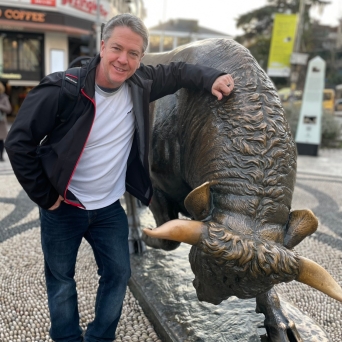
(Istanbul 2023)
I am a political theorist and philosopher and received my PhD from the University of Bristol in England in 1999.
I have published 6 books (two edited volumes and four single-authored books) and numerous articles in a variety of different journals. My research interests are interdisciplinary and include normative issues in politics, philosophy, law, science and medicine. My publications have appeared in journals such as Journal of the Royal Society of Medicine, Political Studies, British Medical Journal, Journals of Gerontology, QJM: An International Journal of Medicine, Biogerontology, Annals of the New York Academy of Sciences, American Journal of Bioethics, Canadian Journal of Political Science, Nature’s EMBO Reports, University of Toronto Law Journal, Bioethics, Public Health Ethics, Hypatia, Political Studies Review, Journal of Medical Licensure and Discipline, Rejuvenation Research and Philosophy of the Social Science.
I am also a father to three sons I adore deeply. So Dad duties are my #1 priority in life, but the kids are getting older (sigh!). When not working or tending to parental duties I stay sane by engaging in a variety of activities that help me achieve “flow”. These include daily exercise and sports. And I am also active in volunteer work, I find such prosocial activities deeply rewarding. I volunteer teach political philosophy to inmates and I also organize the Kingston Philosophy Meetup Group (200+ members) which brings philosophy into the local pubs of the city to help foster the intellectual community of the city. And I also organize a social support group for men. And finally two passions of mine include cooking- my Big Green Egg smoker is one of the rare material items I covet!- and the 1970s TV show Columbo with Peter Falk (I own the complete DVD set). *Update* In 2022 I enrolled in improvisational theatre lessons, and performed in a local amateur production of a Murder Mystery play, which has been great fun and really pushed my comfort zone!
Before coming to Queen’s University in 2008 I was Associate Professor of Political Science (Cross-Appointed with Philosophy) at Waterloo University for 5 years. I also spent a year as a Research Fellow in the Dept of Politics and International Relations at Oxford University and as a Visitor in Oxford’s Program on the Ethics of the New Biosciences, and a semester as Visiting Professor at UCLA’s Dept. of Public Policy. For the Fall term of 2018 I am the Fulbright Visiting Research Chair in the Social Sciences at the University of Hawaiʻi at Mānoa.
In the more distant past, I held full-time academic appointments in the Dept of Government at Manchester University, the Dept of Political Science and International Studies at Birmingham University and the Dept of Philosophy at the University of Aberdeen in Scotland.
The bridge of life: frontispiece to Pearson (1897).


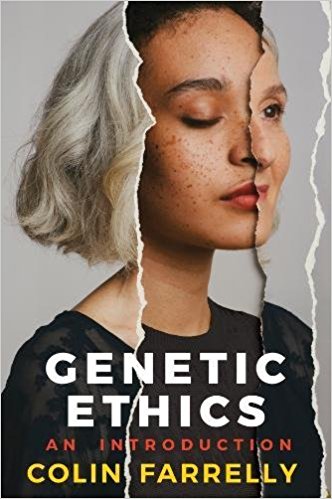
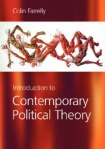
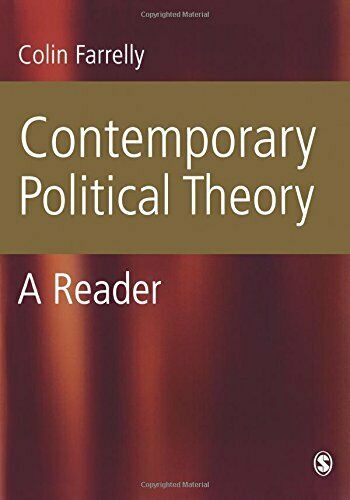


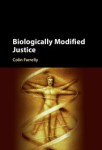










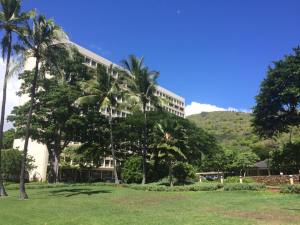
 Ankara, Türkiye
Ankara, Türkiye